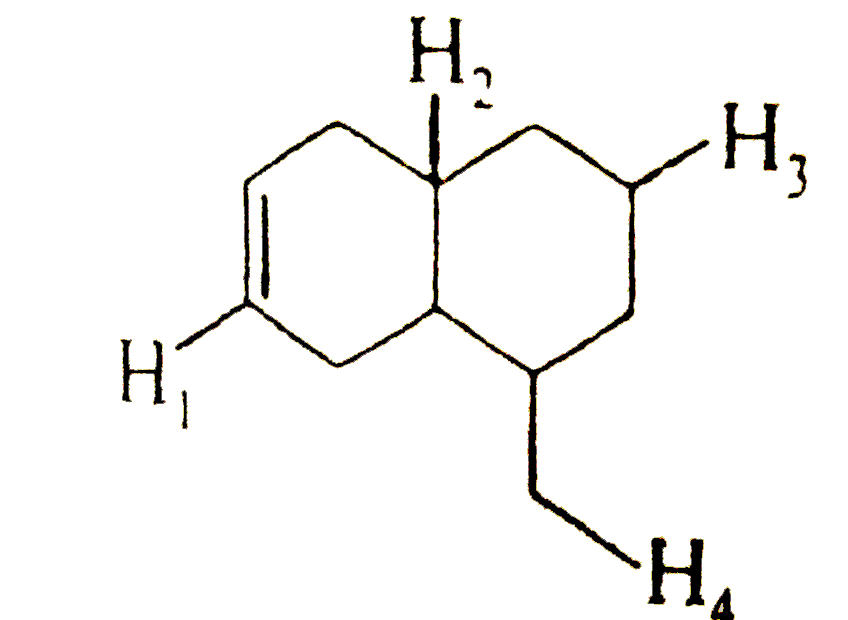Assertion (A): The fluorine has lower reactivity.
Reason (R ): F-F bond has low bond dissociation energy.
A
If both assertion and reason are true and the reason is the correct explanation of the assertion
B
if both assertion and reason are true but reason is not the correct explanation of the assertion
C
if assertion is true but reason is false
D
if assertion is false but reason in true.
Video Solution
Text Solution
The correct Answer is:D
Fluorine is highly reactive F-F bond has low bond dissociation energy. Here assertion is false but reason is true.
|
Topper's Solved these Questions
- CHEMICAL BONDING Book:ERRORLESS Chapter:CHEMICAL BONDING Exercise:Ordinary thinking (Coordinate or dative bonding )
Explore 15 Videos
- CHEMICAL BONDING Book:ERRORLESS Chapter:CHEMICAL BONDING Exercise:Ordinary thinking (Dipole moment )
Explore 34 Videos
- CHEMICAL BONDING Book:ERRORLESS Chapter:CHEMICAL BONDING Exercise:JEE Section (Jee (advanced ) 2018)
Explore 1 Video
- CARBOXYLIC ACID AND THEIR DERIVATIVESBook:ERRORLESS Chapter:CARBOXYLIC ACID AND THEIR DERIVATIVESExercise:Jee Section (Matrix Match type Questions)
Explore 2 Videos
- CHEMICAL EQULIBRIUMBook:ERRORLESS Chapter:CHEMICAL EQULIBRIUMExercise:JS JEE SECTION (ONLY ONE CHOICE ANSWER (Matrix)
Explore 1 Video
Similar Questions
Knowledge Check
Assertion (A): The fluorine has lower reactivity.
Reason (R ): F-F bond has low bond dissociation energy.ABoth A and R are true and R is the correct explanation of ABBoth A and R are true but R is NOT the correct explanation of ACA is true but R is falseDA is false and R is True.Assertion. F2 has high reactivity.
Reason. F-F bond has low bond dissociation enthalpy.AIf both assertion and reason are true, and reason is the correct explanation of the assertion.BIf both assertion and reason are ture, but reason is not the correct explanantion of the assertion.CIf assertion is true, but reason is false.DIf both assertion and reason are falseWhich of the following C-H bond has the lowest bond dissociation energy
APrimary (1∘)C−H bondBSecondary (2∘)C−H bondCTertiary (3∘)C−H bondDAll of these
Which of the following has least bond dissociation energy ?
View SolutionWhich mentioned bond has highest C−H bond dissociation energy.

View SolutionWhich has the largest bond dissociation energy?
View SolutionWhich of the following has least bond dissociation energy ?
View SolutionAssertion (A): CIF is more reactive than F2.
Reason (R ): The F-F bons is weaker than CIF bond.
View Solution